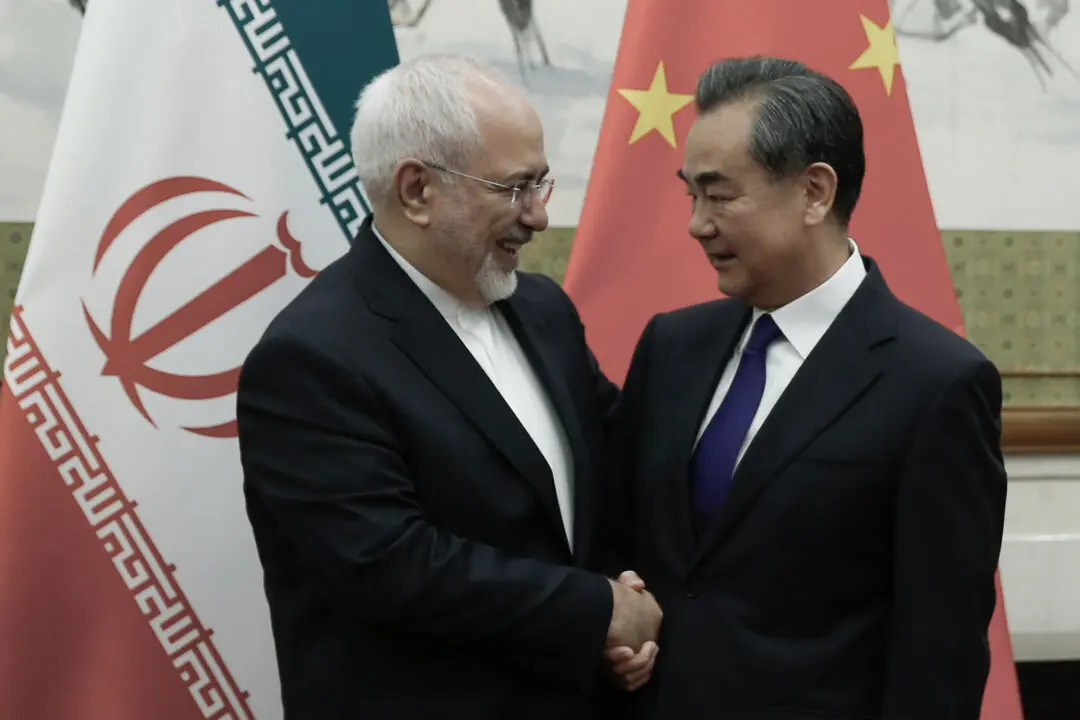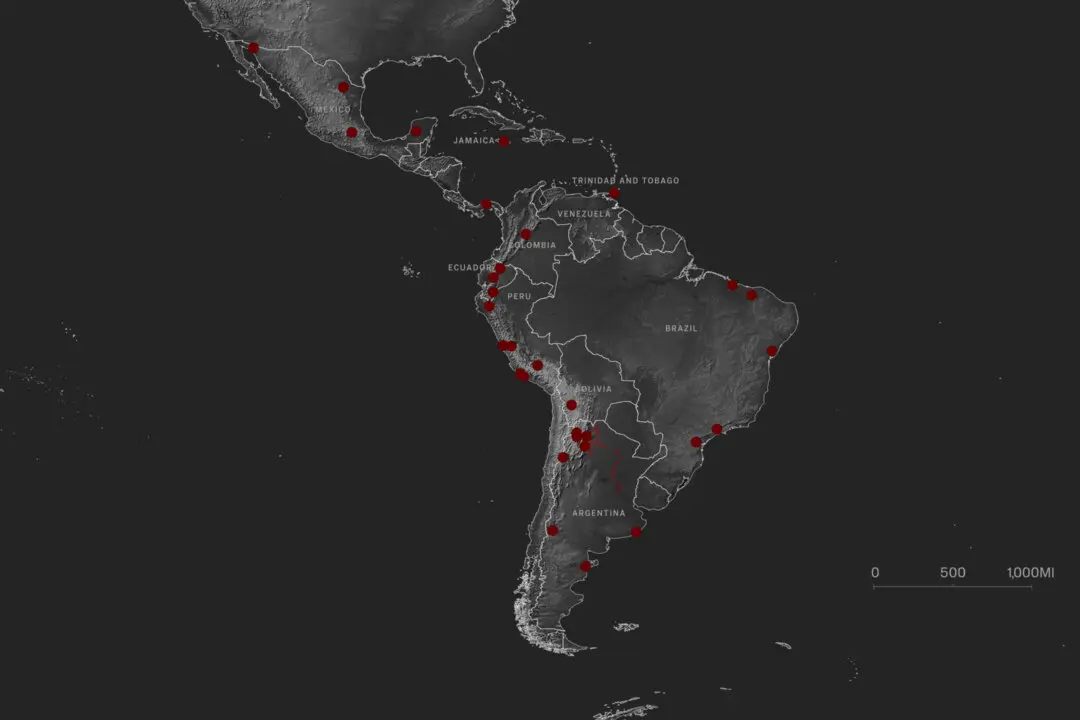U.S. national security advisor John Bolton outlined ways in which the U.S. administration was tackling cyber attacks from China aimed at stealing U.S. intellectual property, during a recent interview conducted by the Washington Free Beacon.
Bolton said that authorities began strengthening cyber defense since late 2018, after President Donald Trump issued a memorandum authorizing the use of cyberweapons as countermeasures to deter what Bolton called “offensive cyber operations” from China and other countries. Details about this memo were not previously made public.





